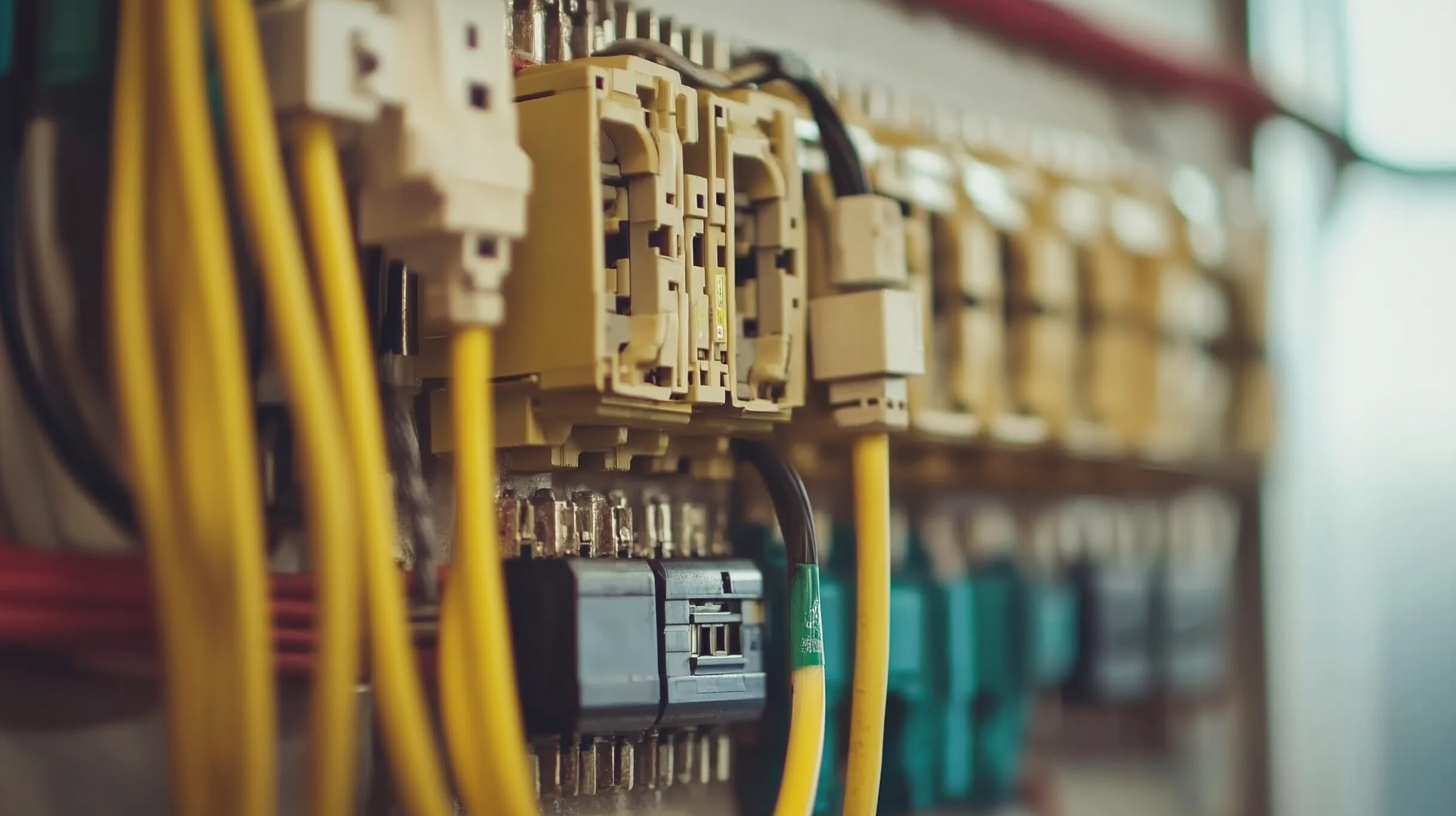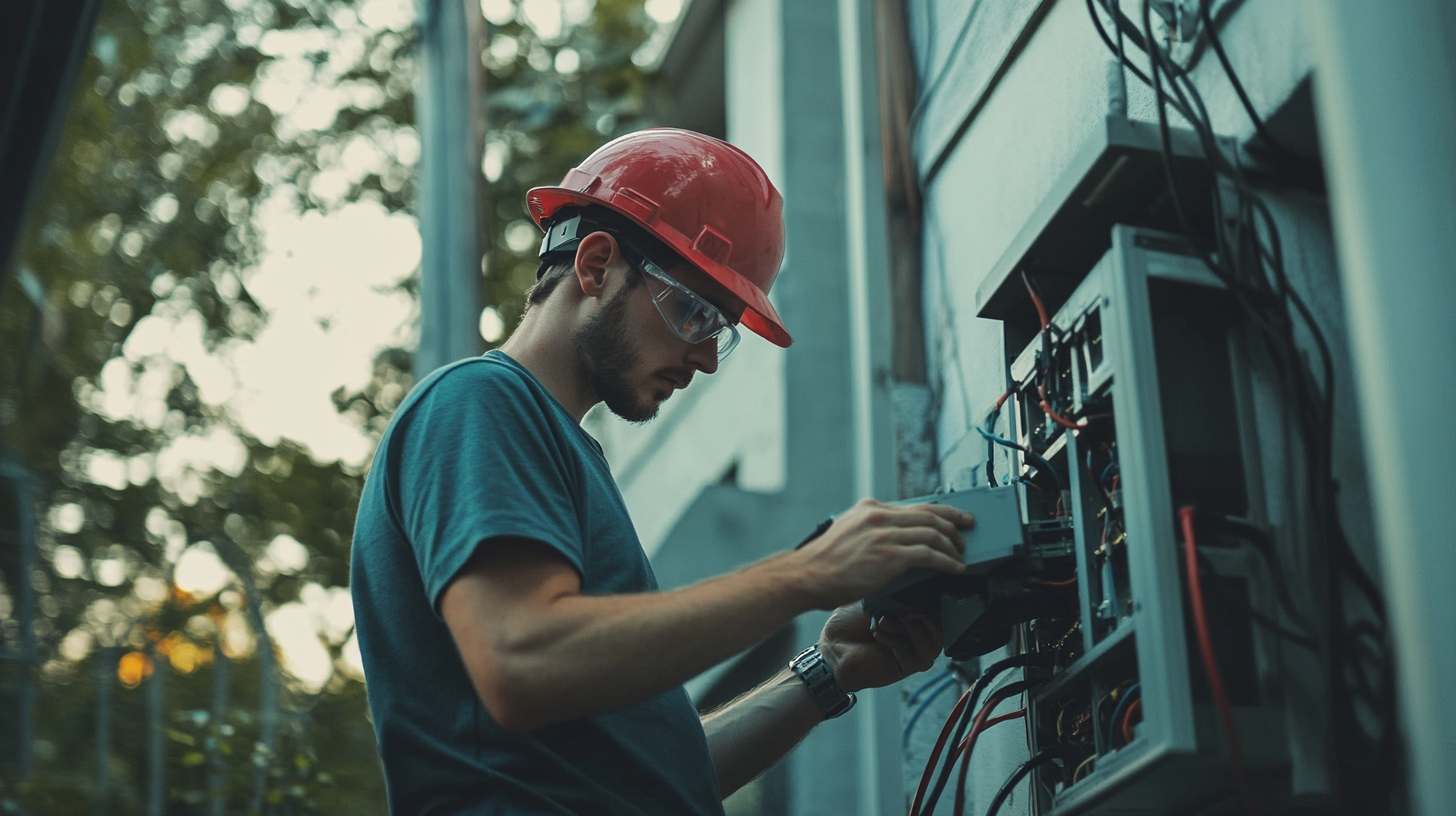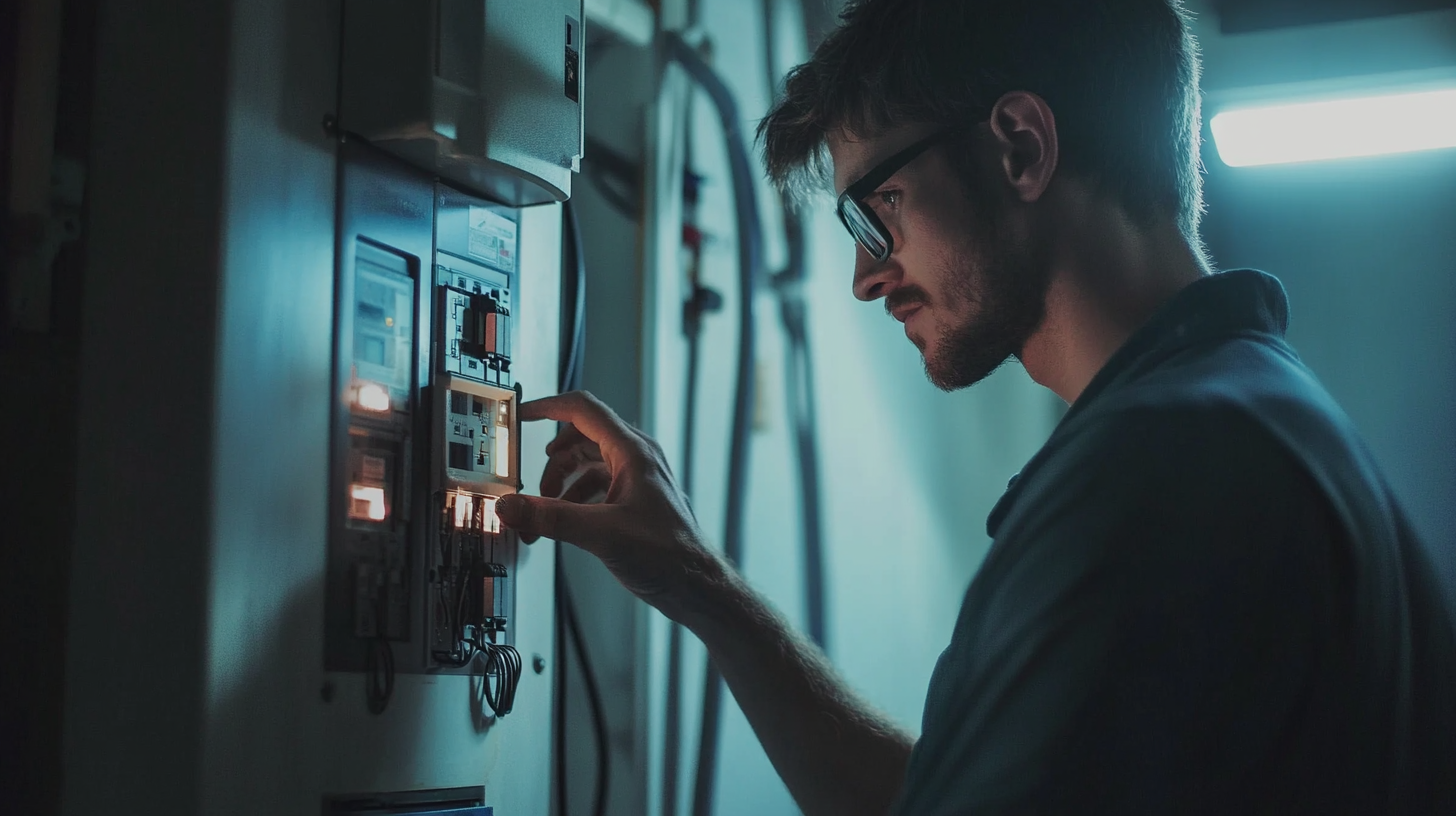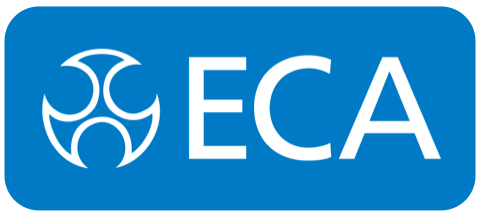- Home
- News
Top Strategies for Conducting an Effective Electrical Check On Your House
Conducting an effective electrical check on your house is crucial for maintaining safety and ensuring optimal performance of your electrical systems. With the increasing reliance on electricity in our daily lives, neglecting regular checks can lead to serious hazards, such as electrical fires, equipment failures, and even potential health risks. This blog explores the top strategies for executing a thorough electrical check on your house, empowering homeowners with the knowledge and tools necessary to identify and mitigate issues before they escalate. From understanding the critical components of your electrical system to recognizing the signs of potential problems, this guide will equip you with essential tips to enhance your home's electrical safety. Whether you are preparing for routine maintenance or dealing with specific concerns, mastering these strategies will provide peace of mind and contribute to the longevity and efficiency of your home’s electrical infrastructure.

Understanding the Importance of Routine Electrical Inspections for Home Safety
Understanding the importance of routine electrical inspections for home safety cannot be overstated. According to the National Fire Protection Association (NFPA), electrical failures are responsible for an estimated 47,700 home fires each year, leading to devastating losses and putting lives at risk. Regular electrical inspections can help identify potential hazards before they escalate into serious issues, ensuring that your home remains safe and compliant with local codes.
To make the most of your electrical check, consider scheduling an inspection at least once a year. This proactive approach not only helps in keeping your systems running efficiently but also aids in detecting problems such as outdated wiring or overloaded circuits. As part of your routine maintenance, it’s crucial to check for signs of wear or damage—look for frayed wires, tripped circuit breakers, or flickering lights, which may indicate deeper issues that need addressing.
Here are some essential tips to keep your home’s electrical system safe. First, always hire a licensed electrician for inspections; they possess the expertise to identify hidden dangers. Second, encourage family members to report any electrical problems immediately rather than delaying repairs, as early interventions can prevent potential disasters. Lastly, consider installing smoke and carbon monoxide detectors throughout your home, as these devices can provide an early warning in case of electrical malfunctions. By prioritizing electrical safety, you can protect both your property and your loved ones.

Identifying Key Areas to Inspect During Your Electrical Check
When conducting an effective electrical check on your house, it is crucial to identify key areas to inspect thoroughly. Start with the circuit breakers and electrical panels. According to the National Fire Protection Association (NFPA), nearly 51% of electrical fires involve wiring, outlets, or devices, emphasizing the importance of scrutinizing these components for signs of wear, corrosion, or overheating.
Another critical area to inspect includes outlets and switches throughout your home. It’s vital to ensure that outlets are not overloaded and that there are no visible damages. The Electrical Safety Foundation International (ESFI) highlights that about 300 people die each year from electrocution, underscoring the need for safe electrical practices, especially in high-risk areas like kitchens and bathrooms.
Lastly, outdoor electrical connections and lighting fixtures should not be overlooked. Recent reports indicate an increase in incidents related to outdoor electrical hazards, especially in settings such as community swimming pools. Maintaining proper distance from water sources and ensuring all outdoor installations are weatherproofed can help mitigate risks associated with electrical shocks. Regular inspections in these vital areas not only enhance safety but also contribute to the longevity of your electrical systems.
Essential Tools and Equipment for Conducting a Thorough Electrical Assessment
When conducting an electrical check on your house, having the right tools and equipment is crucial to ensuring a thorough assessment. Start with a non-contact voltage tester. This device is essential for safely determining whether wires are live, allowing you to avoid potential hazards while performing inspections. Additionally, a multimeter is invaluable for measuring voltage, current, and resistance, helping you troubleshoot any anomalies in your electrical system.
Other important tools include circuit testers and insulation resistance testers. Circuit testers check for continuity and signal that any outlets or fixtures are functioning properly. Insulation resistance testers help identify potential deterioration in your wiring that could pose safety risks or lead to energy losses. By incorporating these tools into your electrical assessment strategy, you'll be better equipped to identify issues and implement corrective actions effectively.
Lastly, consider conducting an energy audit as part of your electrical check. This process will clarify your home's energy consumption and highlight areas where you can save costs, ultimately leading to a more efficient and safe electrical system. By leveraging the right equipment and techniques, your electrical checks can be much more effective.
Top Strategies for Conducting an Effective Electrical Check On Your House
| Strategy | Description | Essential Tools | Frequency |
|---|---|---|---|
| Visual Inspection | Check for wear and tear on wiring, outlets, and fixtures. | Flashlight, Inspection Mirror | Annually |
| Circuit Testing | Use multimeter to check circuit integrity. | Multimeter | Biannually |
| Load Testing | Assess if circuits can handle their load safely. | Load Tester | Every 2-3 years |
| GFCI Test | Test Ground Fault Circuit Interrupters. | GFCI Tester | Monthly |
| Smoke Detector Inspection | Ensure smoke detectors are functional. | Test Button, Battery | Monthly |
Common Electrical Issues to Look Out For and Their Solutions
When conducting an electrical check on your house, it’s essential to be vigilant about common electrical issues that can pose safety risks. One prevalent issue is faulty wiring, which can lead to fires or electrical shocks. If you notice flickering lights or frequently tripped breakers, it’s crucial to have a licensed electrician inspect your wiring. Upgrading to new wiring or ensuring proper installation can mitigate these risks and enhance the safety of your home.
Another common concern is overloaded circuits, which occur when too many devices are plugged into a single outlet. This can cause overheating and may lead to electrical fires. To address this issue, avoid using multiple high-wattage devices on the same circuit and consider installing additional outlets to distribute electrical load more evenly. Additionally, testing ground-fault circuit interrupters (GFCIs) in areas like kitchens and bathrooms can prevent electrocution, making it a key component of your electrical safety check. Regularly inspecting these areas and replacing outdated protective devices will help maintain a secure electrical environment in your home.

Tips for Hiring a Professional Electrician for Comprehensive Electrical Checks
When hiring a professional electrician for comprehensive electrical checks, it’s paramount to prioritize safety and expertise. Look for electricians who are licensed and have a solid track record in managing electrical systems, which ensures that they adhere to the latest safety standards and best practices. Given that professional regulation governs the licensing and discipline of electricians, seeking out individuals who are part of this framework not only provides you peace of mind but also guarantees that they are well-versed in current electrical codes and technologies.
Additionally, communication is key when selecting an electrician. Be clear about your needs and ask about their experience with specific electrical tasks. Professionals typically have a standardized approach to their work, so inquire about their assessment process and what checks they perform routinely. Understanding the costs involved is also crucial; ask for estimates and ensure that you are aware of potential expenses before the work begins. Taking these steps will help you hire a reliable professional who can ensure your home’s electrical system is safe and efficient.
